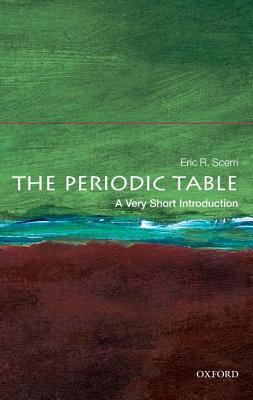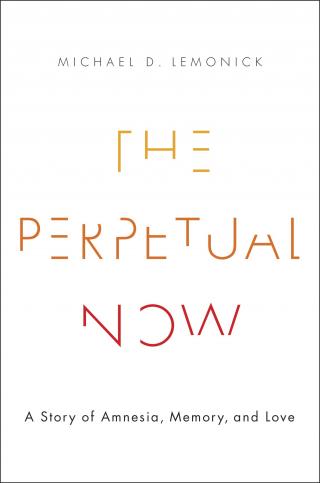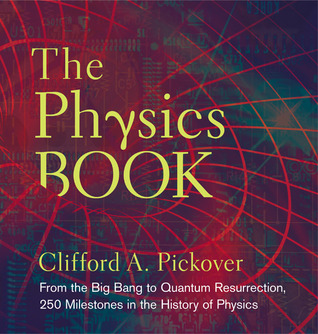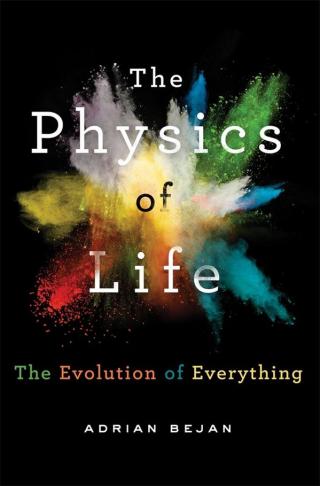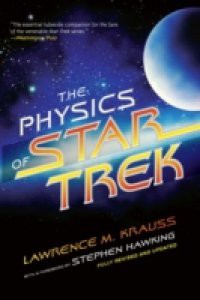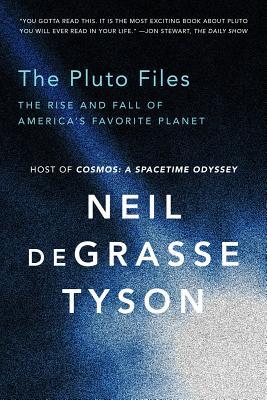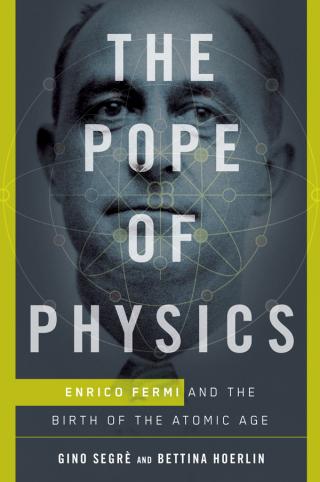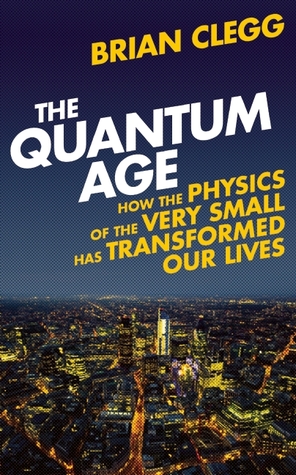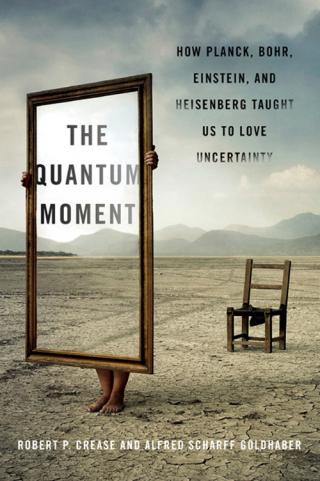In this authoritative Very Short Introduction to the periodic table, Eric Scerri presents a modern and fresh exploration of this fundamental topic in the physical sciences, considering the deeper implications of the arrangements of the table to...
Формат:
только полные версии
In the aftermath of a shattering illness, Lonni Sue Johnson lives in a "perpetual now," where she has almost no memories of the past and a nearly complete inability to form new ones. The Perpetual Now is the moving story of this exceptional woman,...
In spring of 1846, Edgar Allan Poe moved from New York City to his country cottage in Fordham where he wrote "The Philosophy of Composition", an essay that promises to recount the method he used to write his famous poem "The Raven" (1845). In the...
Другие научные, Физика
The physics book : from the Big Bang to Quantum Resurrection, 250 milestones in the history of physics
Following the hugely successful The Science Book and The Math Book comes a richly illustrated chronology of physics, containing 250 short, entertaining, and thought-provoking entries. In addition to exploring such engaging topics as dark energy,...
The Physics of Life explores the roots of the big question by examining the deepest urges and properties of living things, both animate and inanimate: how to live longer, with food, warmth, power, movement and free access to other people and...
What warps when you're traveling at warp speed? What is the difference between a wormhole and a black hole? Are time loops really possible, and can I kill my grandmother before I am born? Anyone who has ever wondered “could this really happen?”...
When the Rose Center for Earth and Space at the American Museum of Natural History reclassified Pluto as an icy comet, the New York Times proclaimed on page one, "Pluto Not a Planet? Only in New York." Immediately, the public, professionals, and...
Enrico Fermi is unquestionably among the greats of the world's physicists, the most famous Italian scientist since Galileo. Called the Pope by his peers, he was regarded as infallible in his instincts and research. His discoveries changed our world;...
Quantum theory may be bizarre and inexplicable—but it's been shown to account for as much as 30 percent of American GDP, as this brilliant new book by science writer extraordinaire Brian Clegg reveals.
The Stone, Bronze, and Iron Ages, and the...
Другие научные, Физика
The Quantum Moment: How Planck, Bohr, Einstein, and Heisenberg Taught Us to Love Uncertainty
The discovery of the quantum—the idea, born in the early 1900s in a remote corner of physics, that energy comes in finite packets instead of infinitely divisible quantities—planted a rich set of metaphors in the popular imagination.
Quantum...
